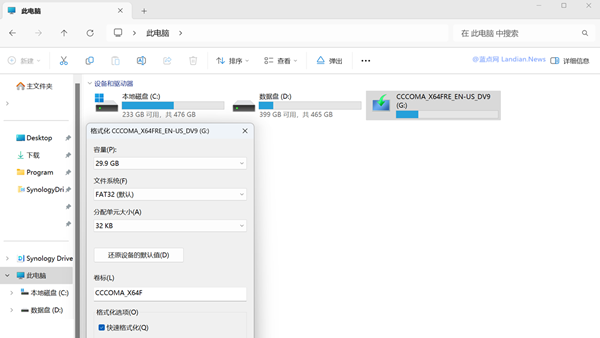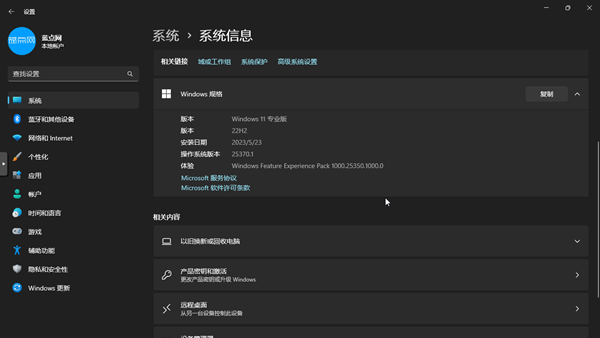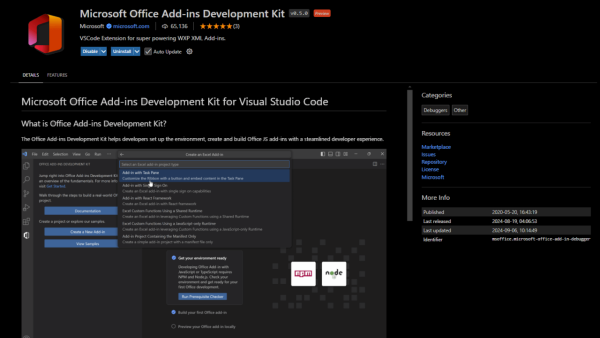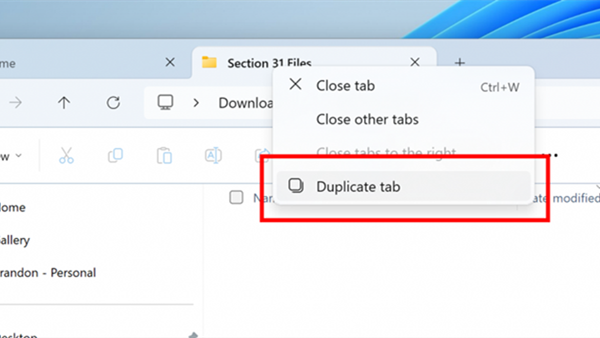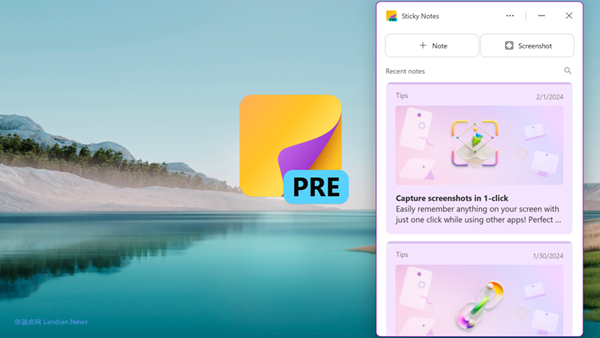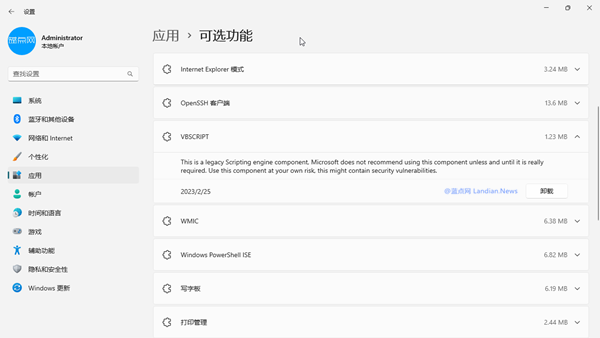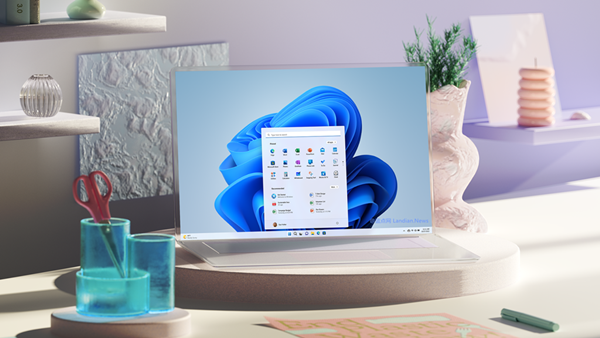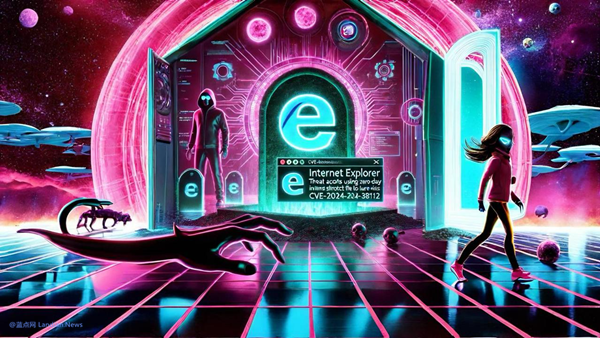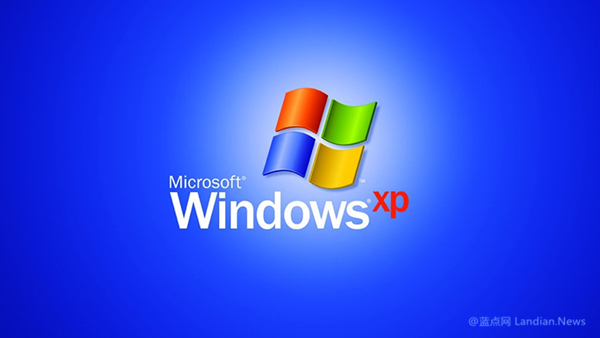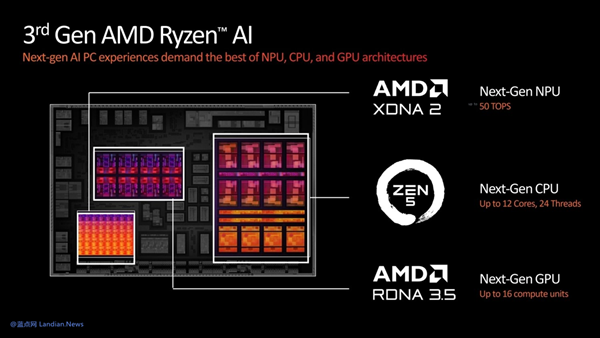A Step Forward for Compression: Windows 11 File Explorer to Support More Archive Formats Natively
In an "it's about time" moment, Microsoft announced today that Windows 11 File Explorer will now support more compressed file formats natively. This update comes after years of the explorer only offering native support for the zip format.
Over the years, users have grown accustomed to the zip format. Files shared by Landian.News, for instance, are always zip files because they can be decompressed on a range of operating systems, from Windows to Mac, Linux, Android, and iOS. This practice simplifies the process for users, removing the necessity for additional software or apps.

However, this reliance on zip has also been the butt of an ongoing joke within the tech community: the WinRAR installer comes as a 'WinRar.rar' file, which, ironically, cannot be opened without a tool to extract the .rar format. Fortunately, this update from Microsoft should put an end to such predicaments.
Microsoft stated that Windows 11 File Explorer will now support .tar, .gz, .rar, .7z, and other formats. Although they didn't elaborate on every single format, the inclusion of .tar and .gz suggests that other Linux compression formats like .tar.gz and .tgz will also be accommodated.
However, there's a slight catch. The File Explorer will only support decompression for these formats. Nonetheless, this shouldn't be a major problem for most users, as the default zip compression is sufficient for everyday use. Users seeking better compression ratios or more options can consider installing software like 7-Zip.
In addition to expanding format support, Microsoft also announced enhancements to the overall compression operation, promising improved performance for users compressing files on Windows 11.
While Microsoft did not specify when these changes would come into effect, there is a reason to hope that they may be introduced as part of an update slated for release in June.
In conclusion, this is a welcomed and much-needed change, marking a significant step forward for Windows users. The versatility of format support is not just a convenience, but a critical feature for improved compatibility and user experience.
